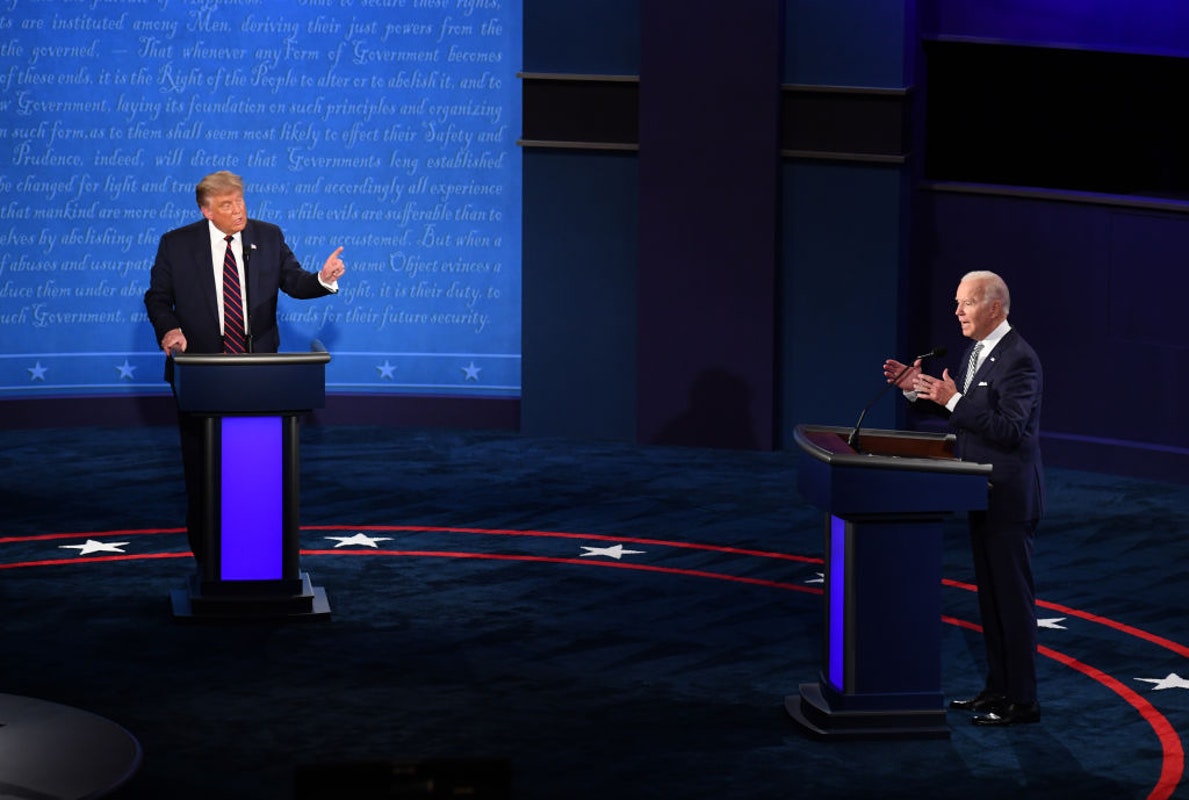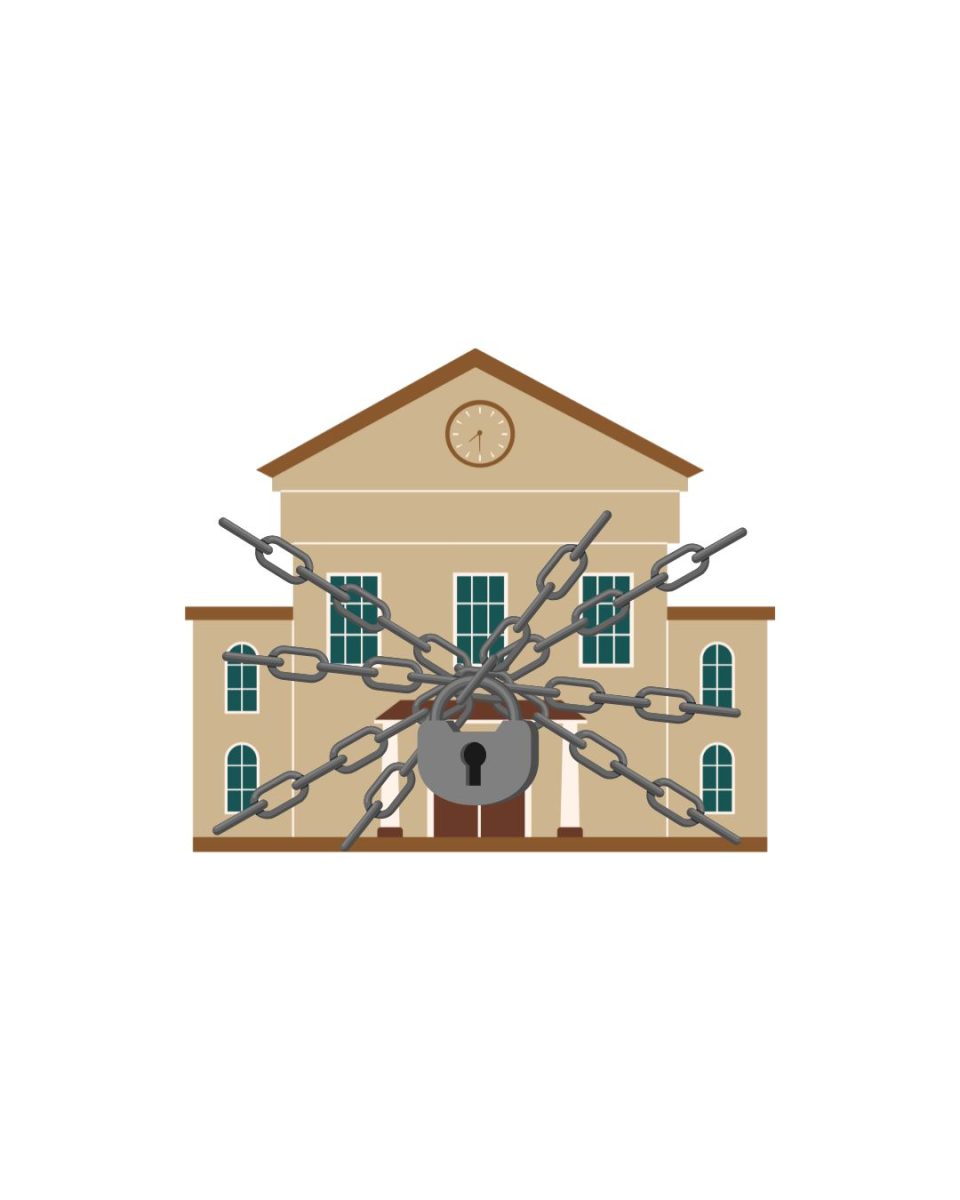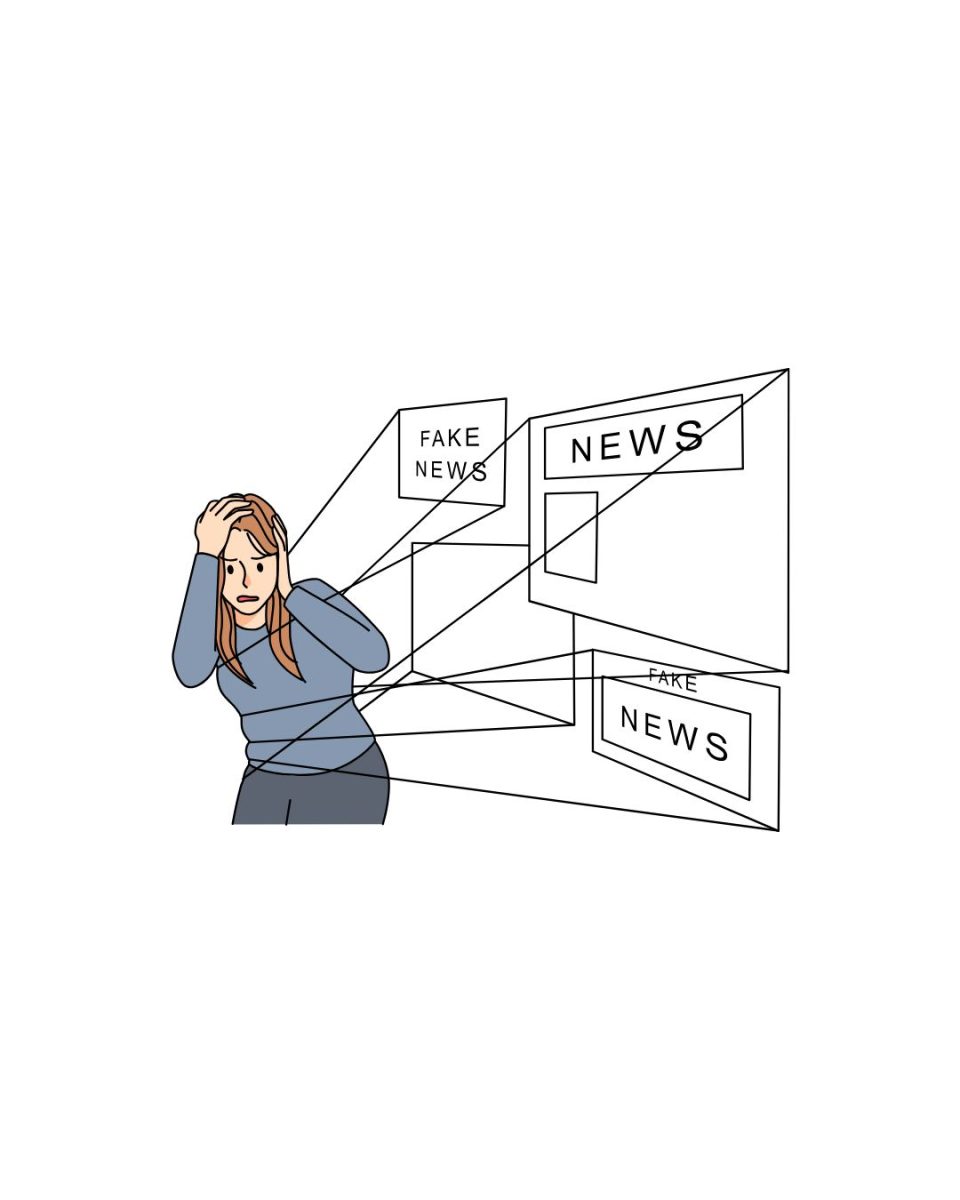Election Day is now less than a month away. Due to the pandemic, people across the country have received mail-in ballots to help mitigate infection rates. Since President Donald Trump has falsely claimed mail-in ballots are fraudulent and that a months-long delay will be seen with the results, many people have already cast and sent in their ballots to assure that their votes are accounted for in time.
With the events that have transpired over the past several months — such as the national government’s COVID-19 response, the highly publicized deaths of Breonna Taylor and George Floyd, protests and demonstrations in major cities across the country and the Supreme Court nomination of Amy Coney Barrett following Justice Ruth Bader Ginsberg’s death — this election has felt to many to be at the precipice of deciding the fate of our country.
That means the decision of who will lead our country for the next four years is even more crucial than it has been before.
As we’ve written previously, we believe that we should diversify our news sources and come to our own conclusions about what we want for this country based on facts. We should always take into account the possible biases of what we’re reading, hearing and seeing from our sources to make sure that we aren’t being misled in our own beliefs. And we should vote for the candidates who most accurately reflect our thoughts on how our society should run.
It’s important to note that our beliefs and thoughts about society are integral to having a society at all. Since there is no fully objective truth, human perspectives are how we build our opinions; however, human perspectives are biased at their core. This leaves us with needing to balance all perspectives, no matter how biased, to mitigate harm wherever possible. Since no one is born knowing anything and no one will die knowing everything, the best we can do is listen to others over time and refine opinions and views from there. Empathy is the heart of a functional society.
However, we must be careful of the information we take in for another reason: to avoid political polarity. Like biases, polarity can influence the way we see the world and thus affect our beliefs and decisions.
In politics, polarity often manifests itself as undying loyalty to a particular candidate or party, which is troubling because candidates and parties change and shift all the time. Candidates retire from politics or change their own ideals. Parties shift in and out of power, and as the world around us changes, so do their platforms.
The world is ever-changing and complicated, meaning that there will never be just one right answer to everything. While some issues and their solutions are clear to the majority of people, most things aren’t so clear-cut. For instance, the existence of systemic racism and the need for its elimination is quite obvious (at least to most people), though there is disagreement about what methods should be used to combat it, as well as the degree to which these methods should be implemented.
Politics are not immune to this uncertainty of belief; in fact, they are rife with it. Many politicians tout themselves and their platforms as the truth and the solution to the problems of the country.
Trump, for instance, has gained a devout following from those who whole-heartedly believe in his rhetoric. Many of his supporters reject the input of opinion from anyone outside of his supporters and take his word as truth because the things he says “validate their views of the world.” This is the effect of political polarization.
Many other politicians have “fan bases” that are devoted solely to the ideas put forth by that particular person, including Bernie Sanders, with some of his supporters coining #BernieorBust and refusing to vote for anyone else. Polarization makes us unwilling to listen to others, and unwilling to keep our lawmakers in check. It makes us unable to progress as a country, as we cannot move forward without doing so in solidarity.
We know that to grow — as both individuals and as a country — we will need to continuously adapt to our expanding perspectives and beliefs. Does extreme polarization offer any room to accommodate this type of growth?
For many Rowan students, this will be the first time we are old enough to vote for the person who holds the highest office in the country. As such, we must be aware of how important this vote is. It will affect the lives of millions within our country, and billions outside of it. We must be cognizant not only of the biases we encounter on a daily basis, but the polarity of our present-day political system.
We can’t get so caught up in supporting a certain political candidate that we forget to check them for their own personal biases. We can’t be so devoted to certain politicians that we reject the opinions and beliefs of others. Our society is not composed of people with only one mindset, and we shouldn’t treat it as such. Listening to the perspectives of people with different opinions and experiences from ours — especially those of vulnerable groups, such as Black, queer and disabled peoples — is essential to creating a society of which all of us are proud.
We need to remember that the world is constantly changing and so too must our beliefs and opinions. We must learn to be OK with having to adjust our beliefs based on new information. And we must learn to be OK with the fact that new information will make us question our own beliefs and maybe even uncertain about them.
Being OK with change within ourselves and our beliefs is the only way that we will be able to effect change in our society and country.
For comments/questions about this story, email [email protected] or tweet @TheWhitOnline.




































































































































































































